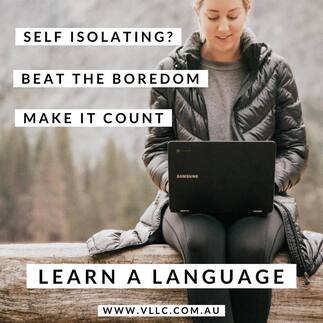|
Learning a language for some is easy, and yet for others it is close to impossible. However, much about learning a language is in the mind, and we must remember our brain is a powerful thing. The best way to get to grips with learning a language fast, is to have a general idea of how your subconscious works and how we learn in different ways. Children are the best example of how the subconscious mind helps us learn a language. Children who grow up in households, or just countries where more than one language is spoken, become bi or multilingual very quickly. They are immersed in the language through the constant repetition of words, phrases and even mannerisms, allowing the brain and mind to soak up the language while almost resting. There is no forced “you will learn this” when it comes to children and this means the child is confident in learning the language and feels confident speaking it. The mind is always playing tricks on us, and for many, overcoming the fear of speaking a language is one of the greatest challenges. However, the childlike approach to using the mind, especially a more subconscious mind using repetition, is one of the best language learning techniques. Once one has learned to relax the mind and one has accepted it is not a race to learn the language fast, you will become more receptive. Being more receptive means you will learn faster as your confidence grows. Becoming socially interactive through language also grows the learning experience. Confidence grows but the immersion in conversation prepares the mind to both listen and speak in a natural, if somewhat daunting situation. The mind is a very powerful tool and in a nutshell it needs a combination of stimulation and relaxation to deliver the results you are looking for. When you understand how best your mind works, learning a language is merely a matter of time and perhaps placing mind over matter. Our human brains are more than capable of learning another language or multiple languages. Some may find it more difficult than others, especially those who feel pressured into speaking or using as language. Of course, there are many shortcuts to appearing to know a language, such as Google translate or translation apps, but nevertheless, in reality nothing beats learning a language and being able to communicate yourself.
0 Comments
OK, so you've started your language journey and your brain is not cooperating.... Here are a few ideas for you to try. Take deep breaths. When it comes to oxygen, your brain is the greediest part of your body. That's why people can become brain dead very easily if they've been in an accident that deprives them briefly of an adequate supply of blood. Before you start learning, take three deep breaths and focus on filling your brain with oxygen. Eat a balanced diet. Your brain, like everything else in your body, cannot work without energy. The ability to concentrate and focus comes from the adequate, steady supply of energy - in the form of glucose in our blood to the brain, so eat food that will release glucose slowly into the bloodstream, keeping you mentally alert throughout the day. Get a good nights sleep. You can't function or learn if you're overtired. Aim for a middle level of mental arousal. You don't want to be so excited that you can't concentrate and are zinging all over the place. Alternatively you don't want to be half asleep. before you start learning, take a few minutes to focus on your goal. Imagine that you are already speaking your new language. Where are you and what are you doing? Do you have other ideas that work for you? I'd love to hear what they are ............... |
AboutThese blogs are about learning a foreign language and how utilising that skill can help to keep your mind active and assist with your cognitive function. Archives
July 2024
Categories |







 RSS Feed
RSS Feed

